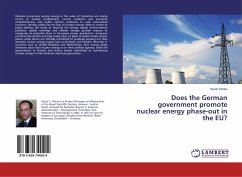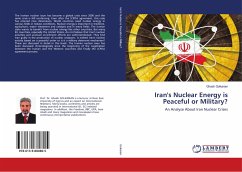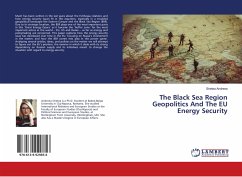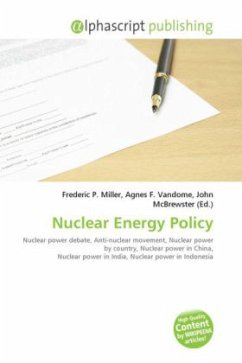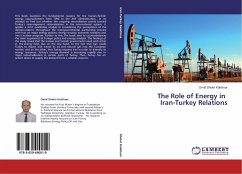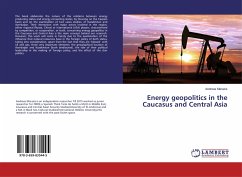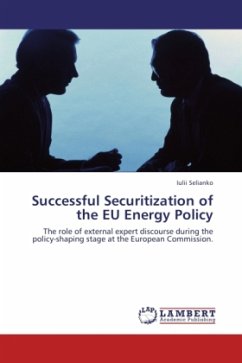Debates concerning nuclear energy in the wake of Fukushima are mainly contra to nuclear proliferation, reactor accidents and economic competitiveness, and public opinion continues to raise rationalized concerns, thereby calling for the ban of nuclear energy. When it comes to policy making, the issues of securing the energy supply, environmental pollution, global warming and climate change provide reasons to reappraise its potential share in European power production. European countries like Austria and Italy today have no plans to build nuclear power plants, while others are officially committed to gradually phasing out their domestic nuclear energy supply such as Germany and Sweden. Recently, in countries such as United Kingdom and Netherlands, their energy policy directions show that nuclear energy is on their political agenda, while the governments of Finland and France remain committed to maintaining nuclear energy in their domestic electricity generation.
Bitte wählen Sie Ihr Anliegen aus.
Rechnungen
Retourenschein anfordern
Bestellstatus
Storno

